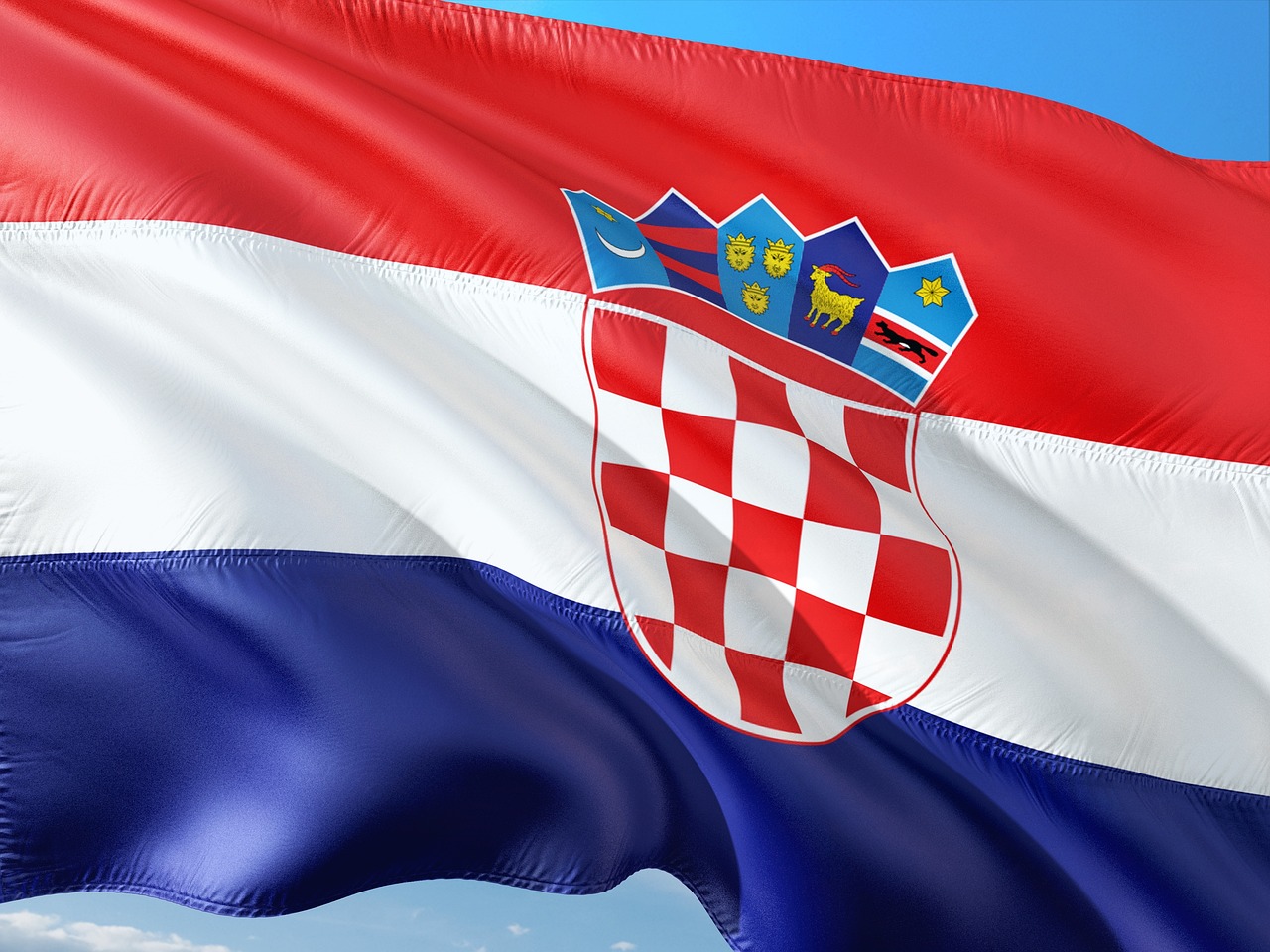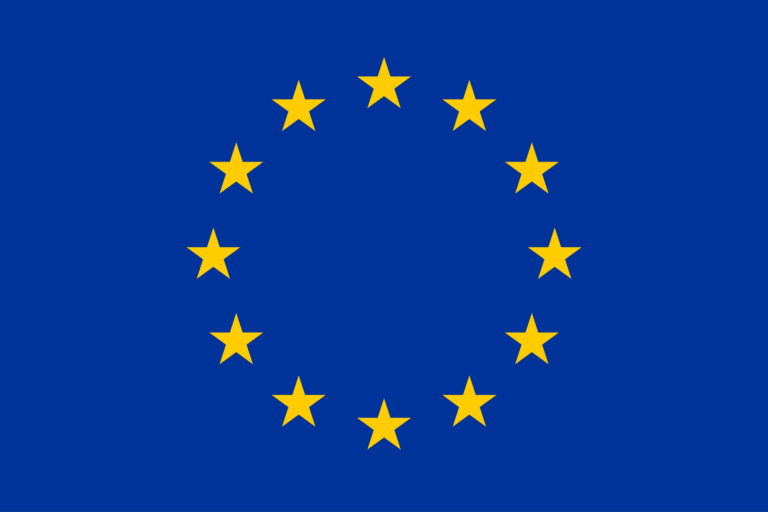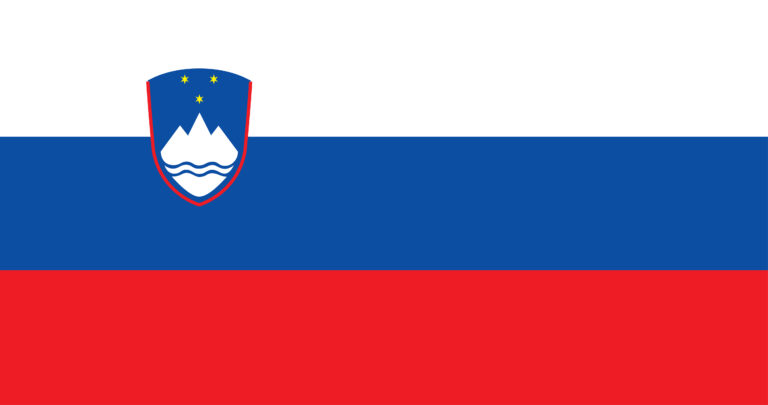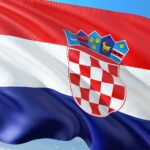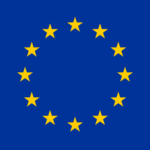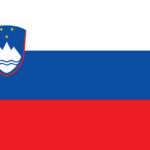Short introduction
Physiotherapy education in Europe is recognized for its rigorous academic standards and practical training, making it an attractive option for students seeking a career in healthcare. The European educational framework fosters a balanced approach that combines theory with hands-on clinical experience, essential for students pursuing a career in rehabilitation, sports medicine, and other specialized areas – physiotherapy degree Croatia.
Europe provides several advantages for physiotherapy students, including access to high-quality education, exposure to advanced healthcare systems, and opportunities for professional growth. Graduates from European programs benefit from the EU’s mutual recognition of professional qualifications, enabling them to work in various countries without needing additional certifications.
Among the European countries offering physiotherapy programs, Croatia has emerged as a growing destination for international students. Positioned strategically in Central and Southeastern Europe, Croatia provides access to both Western and Eastern European healthcare networks, which enhances the value of a Croatian physiotherapy degree. Over the past decade, Croatia has made significant strides in its healthcare sector, with a focus on rehabilitation and physiotherapy, making it an ideal location for students interested in these fields.
This article aims to provide an in-depth understanding of pursuing a physiotherapy degree in Croatia. It will cover the essential aspects of the degree process, including admission requirements, curriculum structure, practical training, and career prospects. Additionally, the article will explore why Croatia is an attractive option for physiotherapy education, emphasizing its strategic location, healthcare opportunities, and alignment with European standards.
Why Choose Croatia for Physiotherapy Education?
Location and Opportunities within Europe
Croatia’s position within Europe offers unique advantages for physiotherapy students. The country is part of the European Union, which ensures its educational programs are aligned with EU standards. This alignment facilitates recognition of Croatian qualifications across Europe, enhancing the employability of graduates. Croatia’s growing healthcare sector, particularly in rehabilitation and physiotherapy, reflects the increasing demand for skilled professionals. As the country continues to develop its healthcare infrastructure, opportunities for physiotherapists are expanding, creating a dynamic job market.
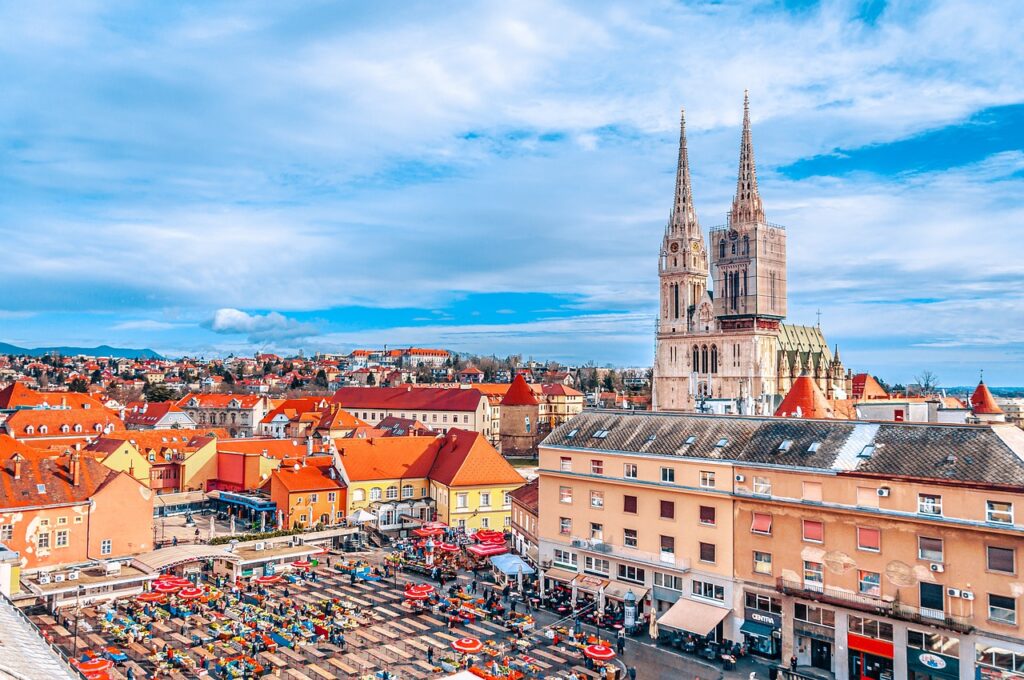
Croatia’s proximity to major European healthcare hubs also makes it an ideal location for students seeking exposure to diverse healthcare systems. This exposure allows students to gain a broader understanding of physiotherapy practices in different contexts, providing them with a competitive edge in the global job market.
Recognized Physiotherapy Qualifications
Croatia’s physiotherapy programs are designed to meet the high standards set by the European Union, ensuring that graduates are well-prepared for practice within the EU. The country’s alignment with EU educational directives guarantees that Croatian physiotherapy degrees are recognized across the continent. This recognition is critical for students who may wish to work in other European countries after completing their studies.
Affordability of Education
One of the key advantages of studying physiotherapy in Croatia is the relative affordability compared to other European countries. Tuition fees in Croatia are generally lower than in Western European countries, making it a cost-effective option for students seeking quality education without incurring excessive debt. While tuition costs may vary by university, they remain competitive within the broader European context, offering international students an affordable pathway to a physiotherapy degree.
In addition to affordable tuition, Croatia offers a relatively low cost of living compared to many other European nations. Housing, food, and transport costs are generally lower, which further reduces the financial burden on students.
Quality of Life in Croatia
Croatia offers a high standard of living, with its vibrant culture, Mediterranean climate, and natural beauty. The country is known for its rich history, scenic landscapes, and diverse cultural heritage, which makes it an attractive destination for international students. With a well-developed infrastructure, safe urban environments, and access to healthcare, Croatia provides a balanced lifestyle for students. The relaxed pace of life, coupled with access to stunning coastlines, mountains, and national parks, enhances the overall experience of studying in the country.
Support for International Students
Croatia is becoming increasingly popular among international students, and as such, universities provide a variety of support services to help them settle and succeed academically. Many universities offer orientation programs designed to familiarize international students with the campus, the local culture, and the academic expectations.
Additionally, international students in Croatia often receive assistance with housing, legal documentation, and healthcare. Universities typically have dedicated departments to support foreign students, providing guidance on visa applications, finding accommodation, and enrolling in healthcare schemes. Many student organizations and international student groups also provide social and cultural activities, which help students build a sense of community and form connections with peers.
Physiotherapy Degree in Croatia: Structure and Duration
Degree Duration
The Bachelor of Physiotherapy program in Croatia typically spans four years, requiring students to complete 240 ECTS credits (European Credit Transfer and Accumulation System). This structure aligns with the European Higher Education Area (EHEA) framework, ensuring that the degree meets recognized academic standards. The program is designed to provide students with a comprehensive education in both theoretical knowledge and practical application, preparing them for professional practice upon graduation.
Degree Components
The curriculum for a physiotherapy degree in Croatia integrates both theoretical and practical components, ensuring that students develop a balanced understanding of the field. Theoretical knowledge is delivered through lectures and seminars, covering essential subjects such as human anatomy, movement science, and physiology. Students gain a deep understanding of the body’s structure, function, and the mechanics of movement, which are foundational to effective physiotherapy practice.
In addition to the core subjects, the program also includes courses on rehabilitation techniques, therapeutic interventions, and patient management. Students learn about various treatment methods, including manual therapy, exercise-based interventions, and modalities used in rehabilitation.
Practical Training and Internships
A significant component of the physiotherapy degree in Croatia is the hands-on clinical training that students undergo throughout their studies. This practical training occurs in healthcare facilities, including hospitals, rehabilitation centers, and private clinics, allowing students to apply the theories and techniques they learn in real-world settings.
Internships are typically completed in stages, with students gradually increasing their responsibilities and exposure to different areas of physiotherapy practice. In the early stages, students may focus on observing and assisting qualified physiotherapists in patient care. As they progress through the program, they are given more autonomy in patient interactions, including assessment, treatment delivery, and progress monitoring.
In addition to hospital and clinic-based internships, some programs may also offer the opportunity to participate in community healthcare projects or research initiatives. These experiences provide valuable insights into different physiotherapy specializations, including pediatric, geriatric, and sports physiotherapy. By the end of the program, students are expected to have completed a specified number of clinical hours, which ensures that they are well-prepared for independent practice in a variety of healthcare settings.
Admission Requirements for Physiotherapy Degrees in Croatia
General Admission Criteria
To gain admission to a physiotherapy degree program in Croatia, candidates are generally required to hold a high school diploma or its equivalent, with a focus on subjects relevant to health sciences, such as biology, chemistry, and physics. This provides a foundation for the technical and scientific aspects of the physiotherapy curriculum. Applicants must have completed secondary education with sufficient academic standing to meet the entry requirements set by individual universities.

In addition to the basic educational qualification, many Croatian universities may also require candidates to pass an entrance exam. The entrance exam typically assesses knowledge in subjects such as biology, chemistry, and general science, which are crucial to understanding physiotherapy concepts. In some cases, universities may conduct interviews as part of the admission process, focusing on the applicant’s motivation for pursuing a physiotherapy career and their ability to succeed in a demanding healthcare education program.
English Language Requirements
As international students are welcomed to Croatian physiotherapy programs, proficiency in English is often a key admission requirement. Since many universities offer programs in English to cater to non-Croatian speakers, applicants must demonstrate a high level of English language proficiency. The most common form of proof is through standardized English language tests such as TOEFL (Test of English as a Foreign Language) or IELTS (International English Language Testing System). The required score can vary depending on the institution, but a minimum score of 6.0 on the IELTS or 80 on the TOEFL is generally considered acceptable.
In cases where students have previously completed their secondary education in English or are native English speakers, they may be exempt from providing additional language proficiency documentation.
Documentation and Application Process
The application process for a physiotherapy degree in Croatia typically involves submitting a range of documents to demonstrate the applicant’s academic qualifications and language proficiency. The primary documents required include a copy of the high school diploma or equivalent secondary school certificate, along with transcripts outlining the subjects studied and grades obtained.
In addition to the educational qualifications, applicants are generally required to submit a curriculum vitae (CV) detailing their academic and extracurricular activities, particularly any relevant experience in healthcare or community service. A motivation letter may also be requested to assess the candidate’s interest in physiotherapy and their career goals.
For international students, proof of English proficiency, as mentioned earlier, is essential. Depending on the university, students may also need to submit a copy of their passport, proof of health insurance, and evidence of financial means to cover living and study expenses during their time in Croatia. Some universities may request letters of recommendation from teachers or professionals familiar with the applicant’s academic abilities and character.
The application process is generally managed through the university’s online portal, where candidates can submit their documents and track the status of their applications. Deadlines for submission vary by institution, but prospective students should ensure they allow ample time for document preparation and any required exams or interviews.
Professional Development and Career Opportunities for Physiotherapists in Croatia
Job Prospects After Graduation
Graduates of physiotherapy programs in Croatia are entering a growing job market fueled by increasing demand for healthcare services across the region. Croatia’s healthcare sector has been expanding, particularly in rehabilitation, geriatrics, and sports medicine, creating diverse job opportunities for qualified physiotherapists. As the population ages and lifestyle-related conditions increase, the need for physiotherapy services in hospitals, rehabilitation centers, and private clinics is rising.
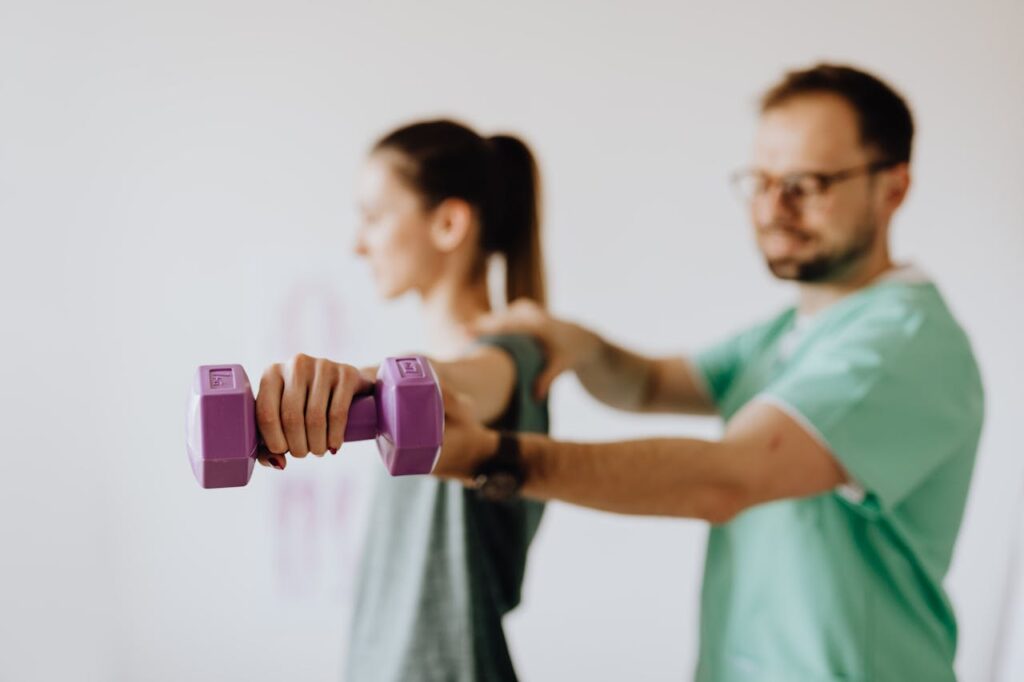
Physiotherapists in Croatia can expect to find employment in various settings, including public and private hospitals, specialized rehabilitation centers, nursing homes, and sports teams. Private practice is also a viable option for those interested in running their own physiotherapy clinics, either independently or in collaboration with other healthcare professionals.
Opportunities for Specialization
Following the completion of a Bachelor’s degree, physiotherapists in Croatia have the option to pursue further studies and specialize in specific areas of physiotherapy. Postgraduate programs and certifications are available in a range of specialties, including sports physiotherapy, pediatric physiotherapy, neurorehabilitation, and geriatric physiotherapy. Specialization allows physiotherapists to deepen their expertise in specific fields, enhancing their professional qualifications and improving their career prospects.
Specialized physiotherapists are in high demand, particularly in sports rehabilitation, where there is a growing emphasis on recovery from injuries and enhancing athletic performance. Additionally, pediatric physiotherapy and geriatric physiotherapy are essential as Croatia’s population ages and more children and older adults require specialized care.
Physiotherapy Certification and Continuing Education in Croatia
Postgraduate Programs and Certifications
After completing a Bachelor’s degree in physiotherapy, graduates in Croatia have the opportunity to further their education through postgraduate programs and specialized certifications. These programs provide physiotherapists with the opportunity to deepen their knowledge in specific areas of the profession, such as sports physiotherapy, pediatric physiotherapy, and neurorehabilitation.
Several universities and institutions in Croatia offer Master’s programs and specialized courses designed to meet the needs of physiotherapists seeking advanced qualifications. These programs typically combine theoretical learning with practical experience, allowing graduates to gain a deeper understanding of specialized physiotherapy techniques and patient care. Postgraduate certifications may also be available in specific rehabilitation techniques or clinical specialties, providing physiotherapists with additional qualifications to broaden their career prospects.
Professional Certification and Licensing
To practice legally as a physiotherapist in Croatia, graduates must obtain professional certification and licensing. This process is regulated by the Croatian Chamber of Physiotherapists, which oversees the certification and licensing of all physiotherapists in the country. After completing a Bachelor’s degree, graduates must apply for membership in the Chamber to receive official recognition as licensed physiotherapists. The Chamber ensures that practitioners meet the necessary educational and ethical standards required to provide safe and effective physiotherapy care.
As part of the licensing process, newly graduated physiotherapists may need to submit proof of their academic qualifications, clinical experience, and any additional certifications they have obtained. The Croatian Chamber of Physiotherapists also plays a key role in ensuring that physiotherapists adhere to the professional and ethical guidelines established by the association. Once licensed, physiotherapists are required to maintain their credentials by engaging in continuous education and staying up to date with developments in the field.

